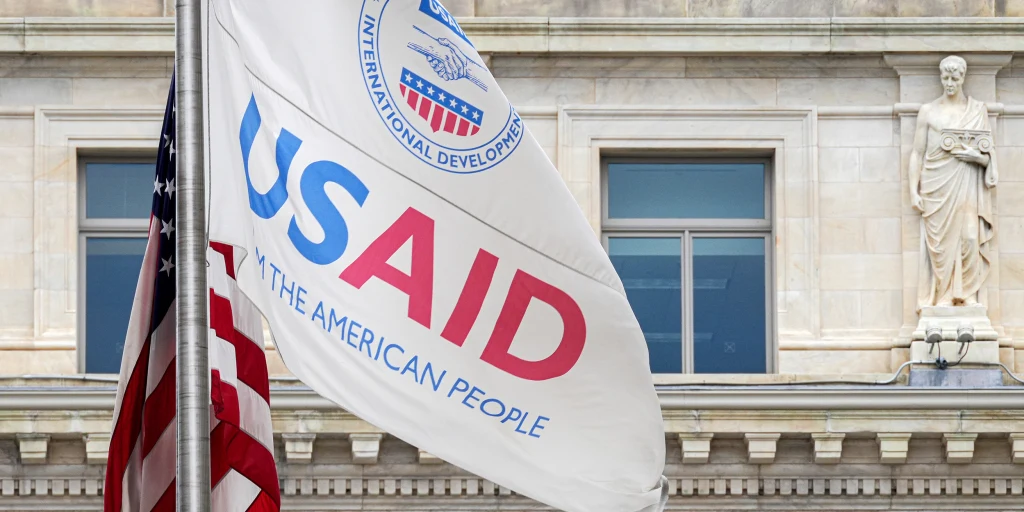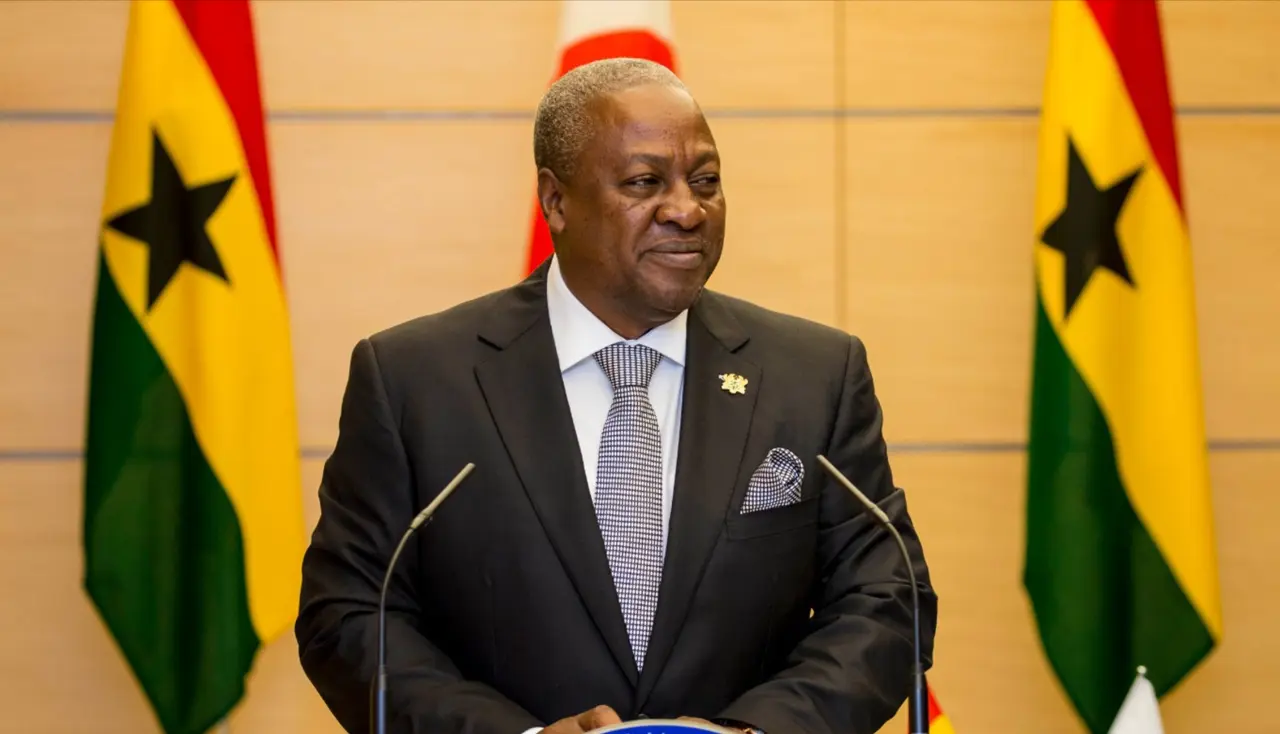The elimination of US foreign aid has left Ghana with a $156 million financial gap, with the health care and agriculture sectors bracing for medicine and fertiliser shortages.
President Donald Trump’s budget freeze at USAID, Washington’s main international development arm, has upended the agency, resulting in the loss of thousands of jobs in the United States and abroad, as well as the halting of humanitarian initiatives around the world.
“I don’t know what’s going to happen to me,” said an HIV patient in Ghana’s capital, Accra. He is one of an estimated 150,000 people in Ghana who rely on USAID-funded antiretroviral medications, and doctors have warned of potential supply shortages.
Medical supply chain challenges are predicted throughout the country, according to Abdulai Abukari, Northern Region medical director for the Ghana Health Service.
“We are staring at potential stockouts, which could see a rise in preventable diseases, maternal deaths, and a resurgence of viruses like malaria and tuberculosis,” he said.
A funding cut has hampered US-funded “last mile” programmes that help health supplies reach rural areas.
The suspension of activity at the US Agency for International Development (USAID), which has left most of its activities in limbo, comes as the White House and Trump advisor Elon Musk have spread misleading information about the agency, alleging fraud and wasteful spending.

Legal challenges have grown as the Trump administration presses for budget cuts without congressional permission, with officials claiming that life-saving programmes may be excluded.
However, in Ghana, financing disruptions are already having an impact.
– Farmers without fertiliser –
“It’s terrifying to think that my survival depends on aid that can be taken away so easily,” said the HIV patient, who did not want to be identified.
According to presidential spokesman Felix Kwakye Ofosu, the health sector is expecting a $78.2 million shortfall from the $156 million hole created by the removal of US-funded initiatives.
Sulemana Iddrisu, a farmer in the country’s north, is concerned about the impending rainy season and whether he will be able to survive without USAID-subsidised fertiliser or seeds.
While the UN World Food Programme has observed advances in Ghana’s hunger reduction over the last two decades, the rural north is particularly affected by poverty, climate change, and poor infrastructure.
“If we don’t get the fertilisers and seeds on time, our yields will drop drastically… it means less food in the markets, higher prices for everyone, and possible food shortages across the country,” said 56-year-old Iddrisu.
“That means less food for my family and less money to pay for my children’s school fees,” he told AFP.
– Ally cut off –
Ghana, a long-time US ally in the region, is searching for methods to close financial shortages, including reallocating monies to important programmes such as malaria control, maternity health, and HIV/AIDS treatment.
The government is “engaging international partners and financial institutions, including the World Bank, the African Development Bank, and the European Union, to secure grants and loans for sustaining key development projects,” said Ofosu.
President John Mahama said in a statement that he directed the finance minister to “explore all possible funding avenues” to help crucial sectors, including health and agriculture, “remain operational.”
However, many people are concerned about the immediate future.
“It’s good that the government is trying to step in,” said Abukari, from the Ghana Health Service.
“But without immediate international support, the situation could spiral out of control.”
For farmers like Iddrisu, the outlook is grim.
“We can only pray,” he said.


 Trending
Trending 